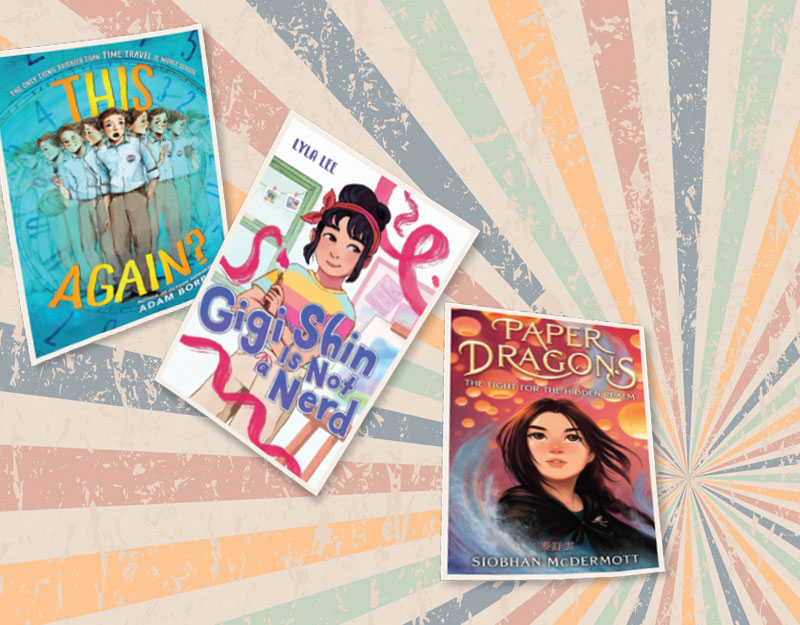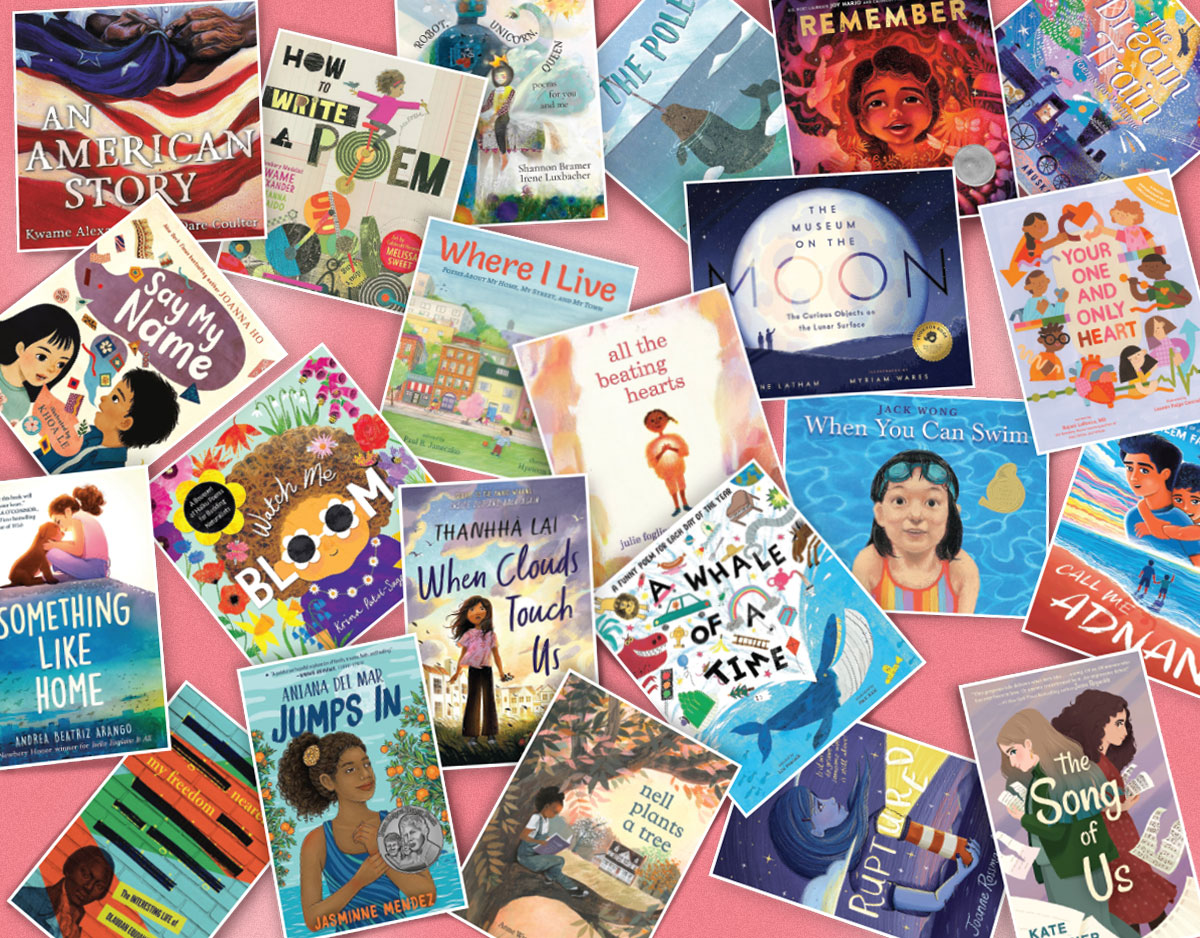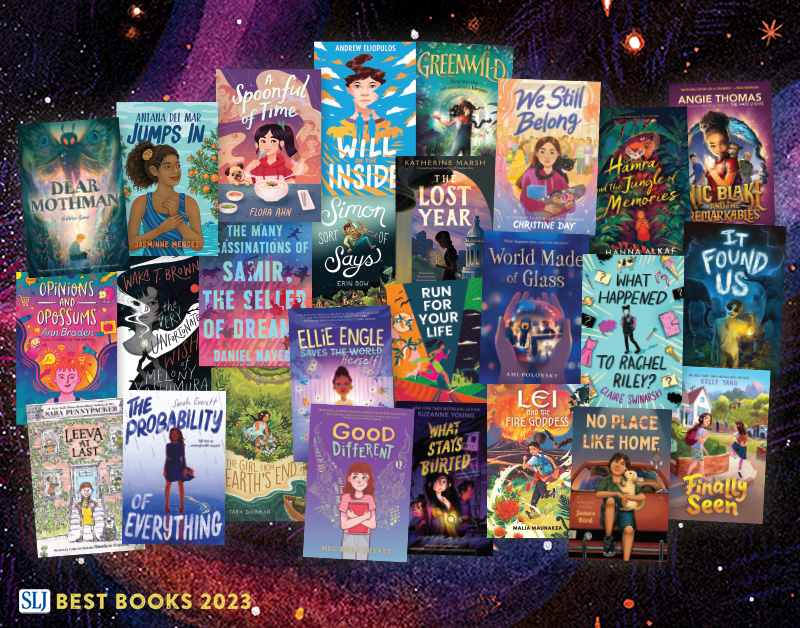Review of the Day: Evil Genius (Part One)
 Evil Genius by Catherine Jinks. Harcourt, Inc. $17.00. On shelves now.
Evil Genius by Catherine Jinks. Harcourt, Inc. $17.00. On shelves now.
Few pleasures are quite as sublime as reading a book, enjoying it, and only afterwards realizing that you’re familiar with the author. Ask me who Catherine Jinks was before I read "Evil Genius" and you’d have met with a blank stare accompanied by some rapid-fire blinking. Only after I read and enjoyed her latest did I put two and two together. Catherine Jinks = "Pagan’s Crusade" = Catherine Jinks = "Evil Genius"! The "Pagan" series is probably one of the best too little appreciated historical fiction series of books for kids out there, so it came as little surprise that Jinks was also the author of this little jewel. "Evil Genius" is high-concept with a high quality product. From here on in, I’m putting Catherine Jinks on the top of my Must Read pile for as long as she keeps on writing.
Cadel Piggott; genius. No two ways about it. He’s just a kid, but you should see his resume. Getting caught by the police for hacking into mainframes by the time he was seven. Causing massive commuter blockages at eight. Managing to get his entire twelfth grade class flunked at the age of thirteen. It shouldn’t surprise anybody then that Cadel’s father is none other than criminal genius Dr. Darkkon, currently serving life in prison. That doesn’t stop the man from influencing Cadel with the help of the boy’s psychologist (and Darkkon’s right hand man) Thaddeus Roth. Now Cadel’s enrolled in Darkkon’s very own Axis Institute. While there he’ll be taking classes in Law ("loopholes"), Personal Presentation ("disguise"), Cultural Appreciation ("forgery"), and Computer Science ("infiltration"). Problem is, Cadel’s grown fond of a woman he met while running a fake online dating service. This tiny contact with someone outside his intimate circle proves to be just enough to get him to start questioning his very life. Before he knows it, he discovers secrets that might very well make it impossible to escape from the geniuses around him.
ADVERTISEMENT
ADVERTISEMENT
The immediate fear when reading the title of this book is that it’s going to feel like a kind of "Artemis Fowl" enterprise. They are, however, entirely different. For example, "Evil Genius", is waaaaay better. Sorry, but it is. While Artemis exhibits a slight moral awakening in a rather broad sense over the course of his series, in "Evil Genius" Jinks gives Cadel an entire arc of personal growth and development. From seven to fourteen, we see a series of internal changes. The book almost works on the assumption that a human being can become a good person in spite of their upbringing. Though, of course, whether you consider Cadel "good" by the end of the story is up for interpretation.
Words. Put them together in just the right order and watch as it becomes easy to distinguish the fantastic authors from the mundane pack. Jinks knows how to write, pure and simple. Take page four of the book. Upon meeting a secretary with teeth the color of coal the book simply states, "Her mouth looked as if it belonged to an older, harsher century." That is so good. To the point and remarkably descriptive. Actually, not to change subjects on you (summary: words = good) but how awesome are Thaddeus’s henchmen and henchwomen in this book? People like the huge woman with the nasty black teeth and the man with gills. James Bond himself couldn’t have encountered better.
There are times when Jinks pulls her punches (as when Cadel can’t bring himself too throw away the fake birth certificate he made in his forgery class) but these are few and far between. For the most part you feel a lot of what Cadel feels. And I loved that his entire life is turned upside down due to a single throwaway comment on page 254. As much as this book is a story of a boy becoming a man, it’s also a bit of a mystery. You’re simultaneously inside of Cadel’s head and, at the same time, removed from him. Yet the older he gets the harder it is to separate your feelings from his own. The result is that the shocks integral to the story (and there are a couple) feel surprising to you, even when you might have predicted them 100 pages earlier.
This will sound a little odd, but I also loved the concept of the hero being valuable. For most of the book, you get the distinct sense that there’s an almost monetary price hanging over Cadel’s head. At the academy he’s treated like platinum, with no one allowed to get anywhere near him. Later on, there are people with emotional ties to Cadel. People who both threaten and adore him in equal measure. I can’t go into details or I’d spoil the whole ending, but there’s a powerful message here regarding love. That villains can and do love is something not a lot of children and teen books examine, particularly when you’re dealing with evil geniuses, the easiest caricatures in the world.
(CONTINUED IN PART TWO)
Filed under: Reviews
About Betsy Bird
Betsy Bird is currently the Collection Development Manager of the Evanston Public Library system and a former Materials Specialist for New York Public Library. She has served on Newbery, written for Horn Book, and has done other lovely little things that she'd love to tell you about but that she's sure you'd find more interesting to hear of in person. Her opinions are her own and do not reflect those of EPL, SLJ, or any of the other acronyms you might be able to name. Follow her on Twitter: @fuseeight.
ADVERTISEMENT
ADVERTISEMENT
SLJ Blog Network
Happy Poem in Your Pocket Day!
More Geronimo Stilton Graphic Novels Coming from Papercutz | News
Parsing Religion in Public Schools
Environmental Mystery for Middle Grade Readers, a guest post by Rae Chalmers
ADVERTISEMENT







